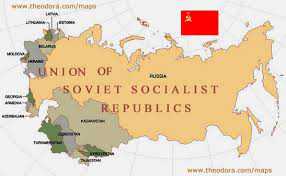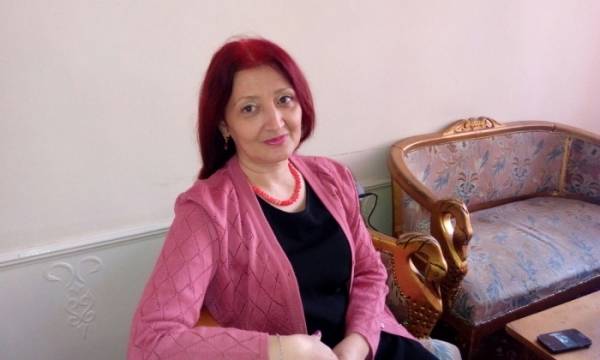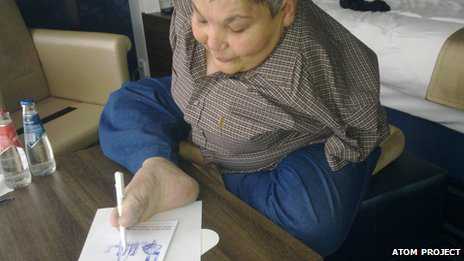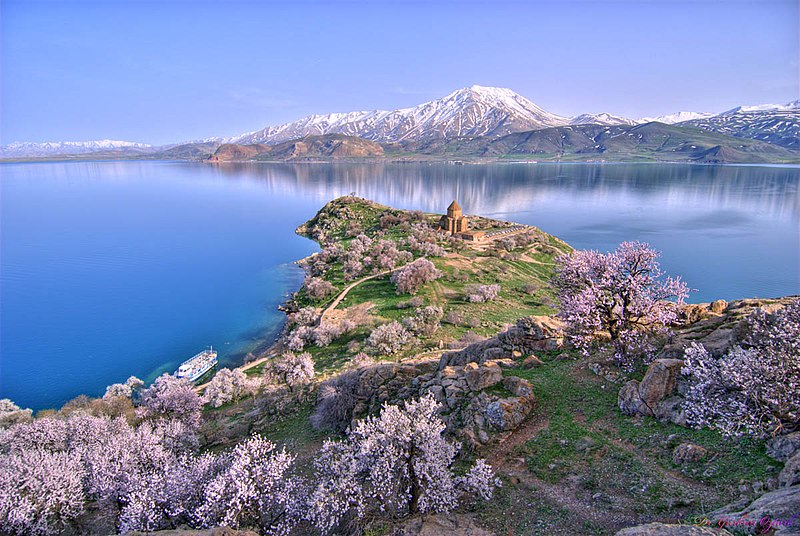 Paul Goble
Paul Goble
Publications Advisor
Azerbaijan Diplomatic Academy
As part of his plan to attract ethnic Armenians back to the Soviet Union after World War II and under pressure from both the leadership of the Armenian SSR and from Armenians in the top leadership of the Soviet Union, Joseph Stalin in December 1947 ordered the forcible deportation of 100,000 ethnic Azerbaijanis from Armenia to Azerbaijan, beginning a process which resulted in the departure of all Azerbaijanis from what had been part of their historical space and the creation of a mono-ethnic state in Armenia, according to Govhar Bakhshaliyeva, a Milli Majlis deputy. [1]
Recently, the Day.az news agency reported, one of its constant readers sent in a photograph of a document signed by Stalin on December 3, 1947 calling for “the resettlement of collective farms and other Azerbaijani populations” from the Armenian SSR to the Kura-Araz region of the Azerbaijan SSR. (The news portal reproduced that photograph.) According to Stalin’s decree, this deportation was to be entirely “voluntary,” but both the provisions of the act and the way it was carried out show that it was anything but.
Day.az asked Govhar Bakhshaliyeva, the director of the Baku Institute of Oriental Studies and a member of the Azerbaijani parliament for comment. She suggested that, “this document most probably was signed under the pressure of the Armenian lobby, which at that time was well-represented in the leadership of the USSR.”
The policy outlined in it, she continued, was “a crime against Azerbaijanis. The Armenian lobby of that tie just as was the case with Gorbachev in 1988 step by step provided materials, which showed what they wanted them to in order to incline Stalin to their position. They were in an even better position to do that in the earlier case, because Mikoyan was close to Stalin as were many other Armenian Bolsheviks, his former comrades in arms who conducted their dirty work at the all-Union level. At that time, the Azerbaijani people unfortunately did not have any defender” there.
According to Bakhshaliyeva, Mir-Jafar Bagirov, the first secretary of the Central Committee of the Azerbaijan Communist Party, could not defend his people and the Azerbaijani population was deported from Armenia to Azerbaijan. Those who were moved found themselves in extraordinarily difficult conditions. Accustomed to the mountains, they found it hard to adjust to the heat of the lowlands. As a result, many died.
Bakhshaliyeva pointed out that there was nothing voluntary about this, noting that, “until today there remain people who recall these events who experienced this deportation during their childhoods, and who say that it was a barbarous act toward Azerbaijanis who were indigenous to Armenia. They remember,” she continued, “that this was something unbelievable and a great injustice,” all the more so because their lands were quickly filled up by new ethnic Armenian arrivals.
“Unfortunately,” the Azerbaijani parliamentarian says, “this unjust policy continued for decades and was completed in our times, at the end of the 1980s, after which there were virtually no ethnic Azerbaijanis remaining on the territory of Armenia.”
Notes
[1] See https://news.day.az/politics/407630.html (accessed 14 June 2013).
AZERBAIJAN IN THE WORLD
ADA Biweekly Newsletter
Vol. 6, No. 12
June 15, 2013





